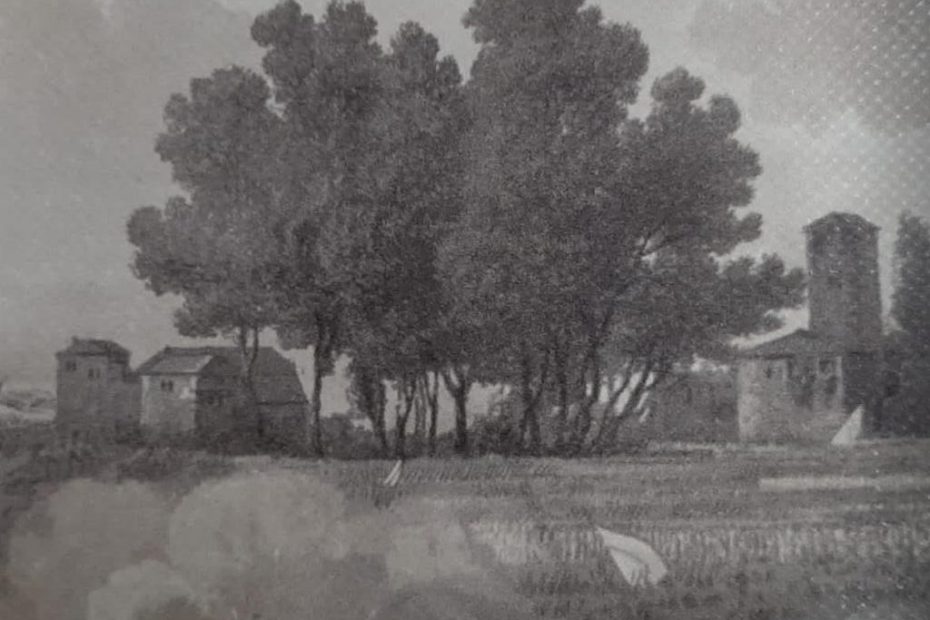The journey of Frida, a shrewd and lively female figure, to reveal the origin of the beautiful lands of Fraschéta Alessandrina and save the stones from oblivion: man is essential to transmit the witness and, thus, join the ages, ancient and modern, of Marengo plowed by history. The audience gathered at the Marengo auditorium was seduced by the novel narrated by the author Barbara Ferrari and defined by the liaison at the time by the German name buttoned to the protagonist Frida as well as by the preface by Alessandro Crivelli and the cover by Andrea Moroni.
“The lush countryside of Fraschéta – so it was asserted by the Alexandrian writer – qualified by the Lombard royal court is the field of belligerence for Frida immune to the cliché and combative to protect the emancipation of women then abolished by monasticism and the people of origin from spiritual and temporal leadership. The novel also extols the agreement of three peoples (Marici, Franchi and Longobardi) settled on the area of Marengo in the eighth century. The mild cohabitation linked the matriarchal society of female figures defined by the typicality (brown skin, robust build, low stature) of Marici mandriani (here echoes the assonance to “mandrogni”) of cattle there deported by the ancient Romans to the Lombards called pagans and barbarians and the Carolingian Franks linked to the Papacy”.
“The legend, already denied, on the nail extracted from the True Cross – was the contribution of Efrem Bovo (Marengo temporary manager) – and together with the Corona Ferrea it exalts the appeal for the relic kept at the cathedral of Monza and chosen to bless several Lombard sovereigns and the Emperor Napoleon consecrated King of Italy (26 May 1805). The trait d’union continues to Marengo on the plateau made famous by the battle (14 June 1800) first almost lost by the French militias and then raised to the stature of cardinal triumph for the Napoleonic myth. The tower dedicated to Queen Teodolinda built at the dawn of 600 is the oldest observatory of the Lombard and Carolingian era built on the Alexandrian countryside lying east over the river Bormida. Man is inclined to know in order to cohabit and, thus, to refute the “civil – uncivilized” duality that today results from the communication forged by the mass media”.
“The novel – it was the statement of Paola Gilardi, cofounder of Seama and member of the association “Between heart and mind” – enhances the feminine panache: is, therefore, appreciated to donate to the writer the jute bag reconditioned sewn by the women’s network of artisanal tailoring combined with our project of upcycling for sustainable fashion”.
“The invitation to read the novel – it was Giordano Bovo’s (Lisondria ades) kiosk – flows on the opulent poetic sensibility and on the remarkable set to exhibit the adventure engraved on the pages of movement”.
